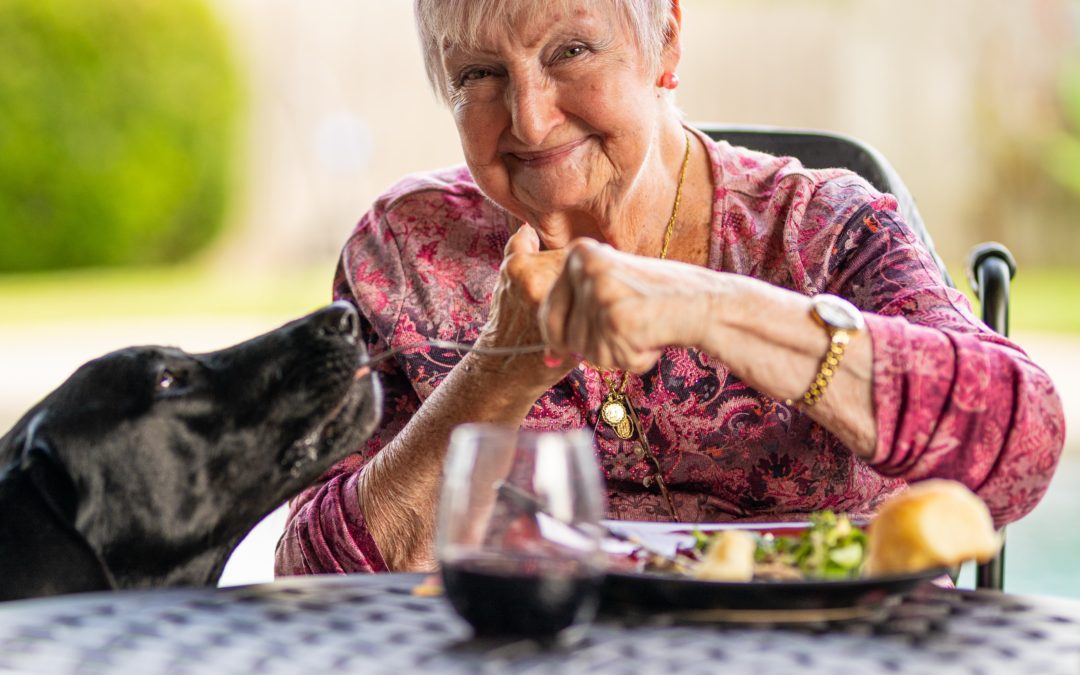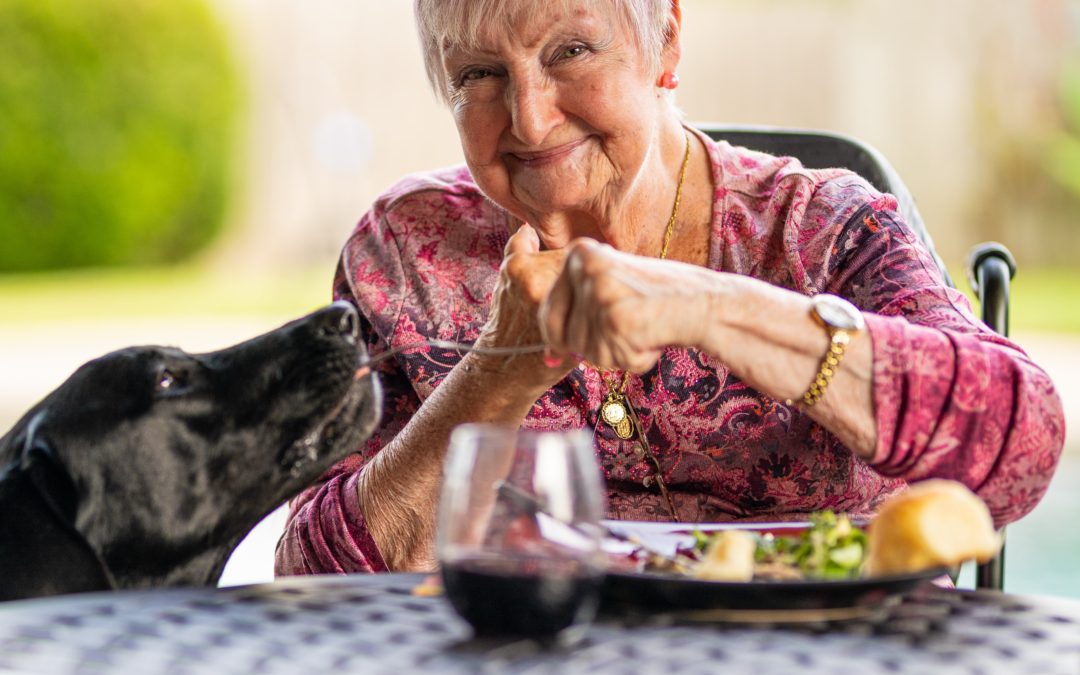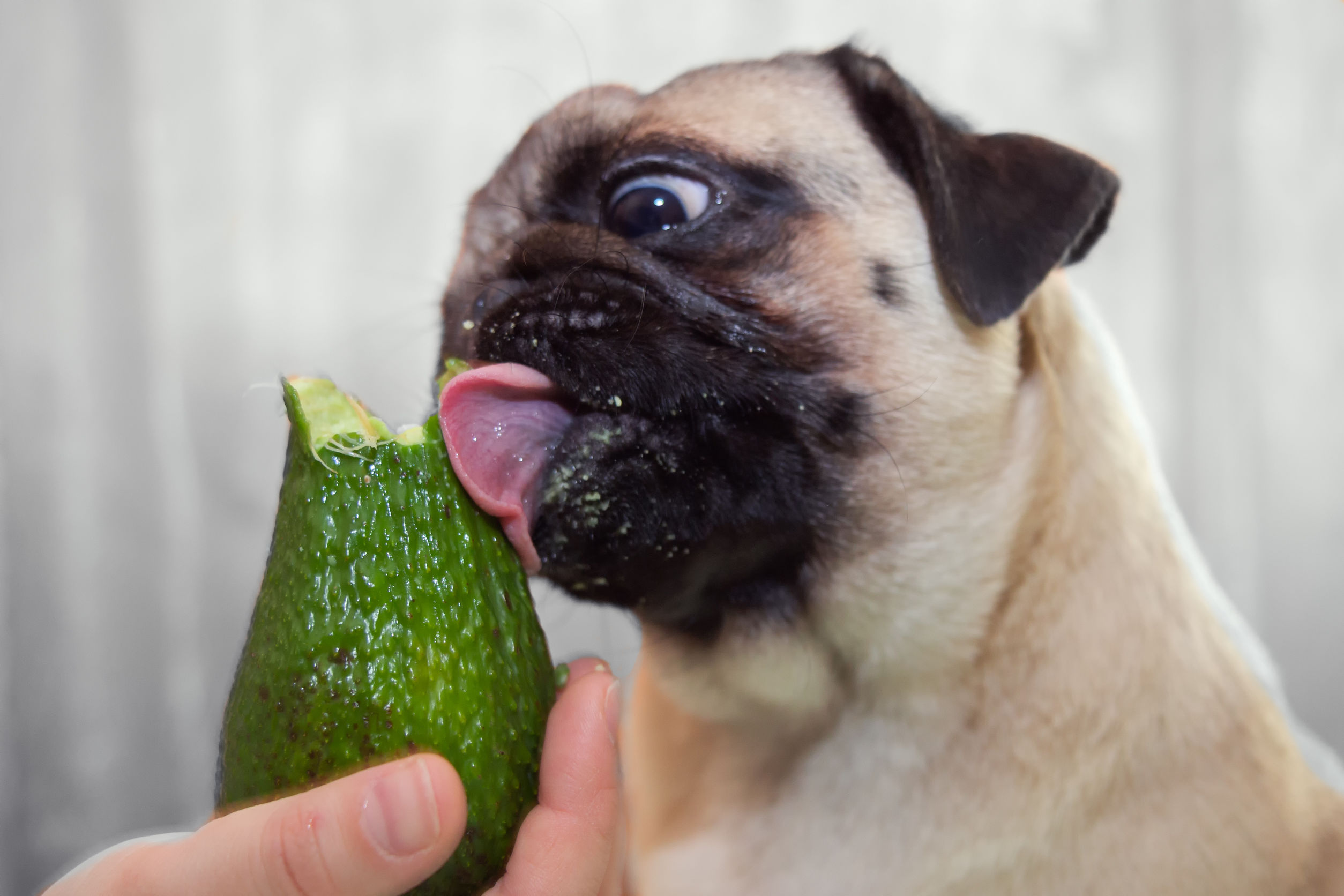
The results of something that was started with the finest of intentions may be disastrous. It seems like a luxury to sneak Fido or Miss Kitty a treat off the table. However, in extreme cases, it may be fatal. Certain human favorites should be kept out of reach of pets. They are:
1. Chocolate
Caffeine and theobromine, two ingredients in chocolate, are poisonous to dogs and felines. Darker chocolate poses more of a threat, but don’t assume white chocolate is risk-free. Ingestion of even a modest quantity of chocolate may have serious consequences for dogs. Nausea, vomiting, diarrhea, a racing heart, and agitation are among symptoms of chocolate poisoning. Seizures and even death might result from this.
2. Grapes and Raisins
Grapes and raisins are not safe snacks for dogs, despite what some conscientious owners may believe. Some pets may tolerate eating a few grapes with no problems, but even a little amount can be fatal if not handled immediately.

3. Onions and Garlic
Dogs and cats should not eat any allium vegetables, which include onions, garlic, chives, shallots, and leeks. Small amounts of these vegetables in any preparation (raw, cooked, powdered, chopped, dried) may cause hemolysis and anemia. Symptoms of possible allium poisoning include throwing up, diarrhea, weakness, decreased appetite, fast heart rate, dark or pink urine, and fainting or collapsing. Clinically significant alterations in the blood may occur with as low as 5 g/kg of onion consumption in cats or 15/30 g/kg in dogs. Extreme toxicity from onions occurs when animals consume more than 5% of their body weight in onions at once.
4. Bacon, Ham and Fat Trimmings
Salty and fatty foods like bacon, bacon grease, ham, and fat cut off meat or bones may make dogs and cats sick. Inflammation of the pancreas, a potentially fatal condition, may be triggered by eating these foods as well.
5. Salty Snacks
Unfortunately, people in the United States consume some of the highest quantities of salt in any population. The FDA estimates that processed and restaurant meals account for 70 percent of the average person’s daily salt intake. However, the same ingredients that increase the palatability of such foods might have fatal consequences for your cat. Pets might experience nausea, diarrhea, tremors, and even convulsions if they consume too much salt. Sodium is especially dangerous for dogs with cardiac problems. However, salt has more than a culinary significance. Rock salt used in ice cream production as a de-icer in colder climes may be toxic if consumed, as can homemade play dough and paint balls.
6. Macadamia Nuts
A dog may get quite ill after eating only a handful of these nuts. Eating too many macadamia nuts might make you sick to your stomach, weak, and tremble. Keep these far out of your pet’s reach since they may be combined with chocolate. Keep in mind that other nuts, including as walnuts and almonds, are similarly heavy in fat and should be avoided since they may cause gastrointestinal distress and even pancreatitis in pets if taken in excessive amounts.
7. Xylitol-containing products
The American SPCA claims that xylitol is the pet-unfriendly sweetener. This artificial sweetener is unfortunately present in a wide variety of everyday products, from pharmaceuticals and vitamins to baby wipes and lip balm, and even breakfast staples like pancake syrup and barbecue sauce. Additionally, this sugar alternative may be included in peanut butter, gum, sugar-free sweets, and baked products. In instance, peanut butter is often given to dogs as a treat, but before you feed your pet even a little bit, read the label to be sure it’s safe. Use only natural, organic, freshly ground peanut butter that includes nothing but peanuts to serve to your pet, particularly if you are using it to urge them to take their medicine. Small doses of xylitol may trigger nausea, dizziness, low blood sugar (hypoglycemia), and possibly seizures or liver failure.
8. Avocado
All forms of avocado are universally well-liked. This, however, is not an endorsement of feeding pets avocado or guacamole (and not just because of the onions or garlic). Avocados contain a toxin called Persin, which many websites (even credible ones) say may harm pets. However, this toxin seldom has an effect on dogs and cats. However, the high fat content of avocados may cause pancreatitis, and the pit might cause suffocation.

9. Raw Dough
Uncooked dough causes a pet’s stomach to expand because the yeast continues to work long after it has been eaten, which may cause serious problems like bloat (a life-threatening condition in dogs in which the stomach twists over on itself). Consuming uncooked dough may lead to alcohol poisoning (from the ethanol created by the yeast), which can induce convulsions and respiratory collapse if not treated immediately. It’s possible that pets whose stomachs have been filled with dough may want to vomit, but be unable to do so due to the dough’s expansion.
10. Alcoholic Beverages
Although alcoholic beverages aren’t technically foods, we nonetheless consider them to be among the top 10. It’s just as harmful to allow a dog or cat drink alcohol as it is to let a newborn or small toddler drink from your glass. Rapidly dropping body temperature, having convulsions, and eventually stopping breathing and dying are just some of the medical problems that alcohol may cause in dogs.